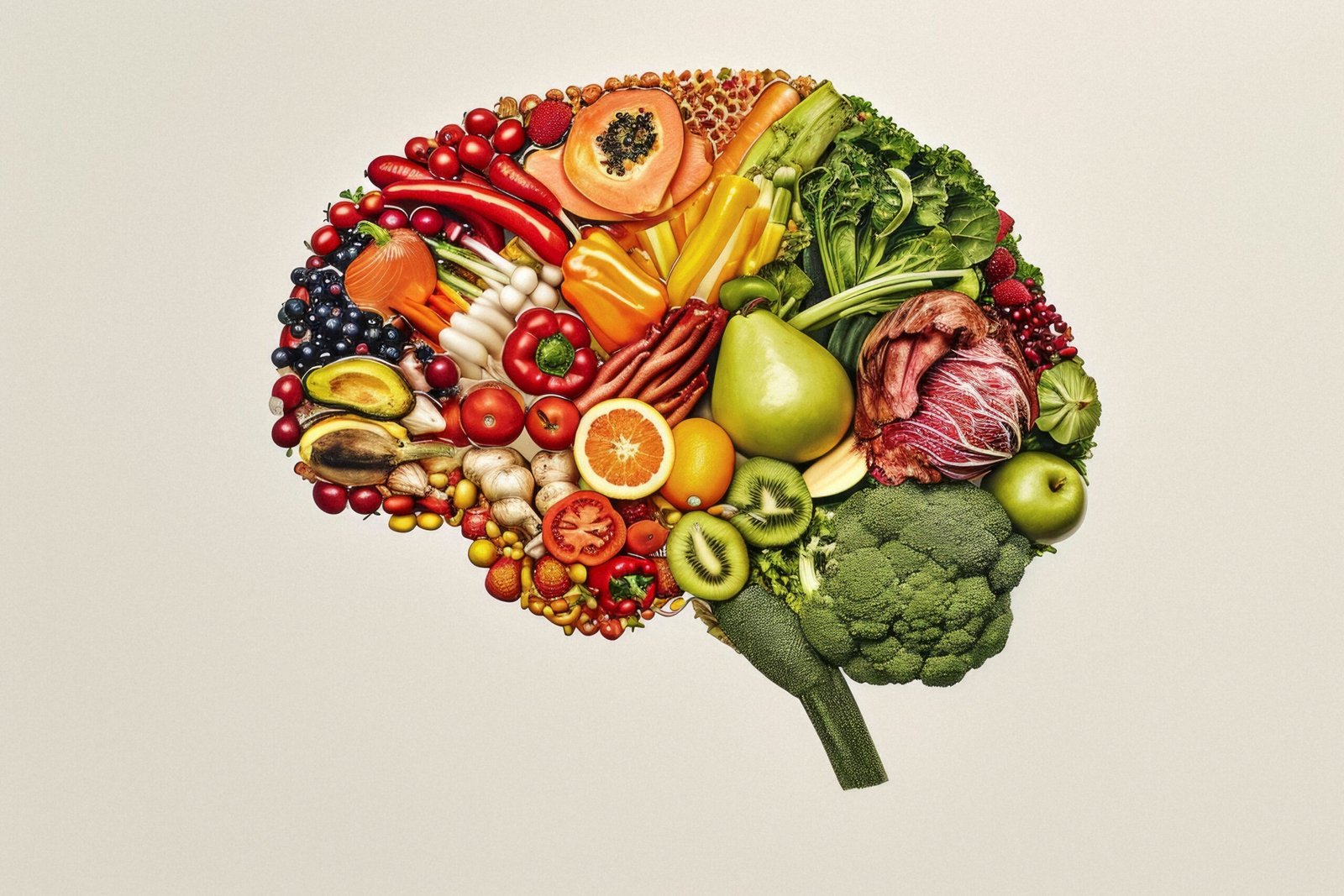We didn’t expect this question to hit as hard as it did. When we asked, “What do you feel most guilty about as a parent?” the responses poured in — raw, honest, and deeply familiar.
They came from tired parents who love their children fiercely but worry they’re not doing enough. From parents who shout more than they want to, who rely on frozen meals more than they expected to, and who sometimes feel like they’re watching their children grow up from the sidelines.
The guilt wasn’t about luxury. It was about presence. About patience. About feeling like there’s always a better version of themselves waiting on the other side of a to-do list they never finish.
In this blog, we break down the emotional themes that emerged from hundreds of parents, reflect on what they reveal, and explore what might help ease the weight of guilt — not by asking parents to do more, but by helping them carry less.
1. Guilt isn’t rare — it’s routine
More than any other theme in the responses, parents spoke about guilt as a daily companion. Not a crisis, not a breakdown, just a quiet hum in the background. And the most common source?
Losing patience.
From raising voices at bedtime to snapping during the school run, many parents admitted they often reacted more harshly than they intended. And almost all followed up with the same explanation: “I was just so tired.”
Closely linked was the guilt of not being fully there. Responses referenced time spent distracted — by phones, emails, the next thing on the list. Parents described being physically present but mentally checked out, caught between two worlds and feeling like they were failing both.
Screens, food choices, and emotional availability came up again and again. The specifics varied, but the feeling was the same: “I want to be more for them, and I feel like I’m not.”
And underneath it all was a consistent truth: this isn’t about apathy. It’s about depletion.
2. The real reason food becomes part of the guilt loop
Many parents mentioned food as a source of guilt — not giving enough variety, relying on processed options, or feeling unsure about what’s “good enough.”
But when you read the responses more closely, it becomes clear that food isn’t the core problem. It’s a symptom of something bigger:
- Not having the time or energy to cook
- Not knowing if what you’re feeding them is doing anything
- Not modelling the habits you hoped you would
What links food to guilt is not failure, but friction. Mealtimes become another battle, another source of doubt. And when you’re already on edge, that doubt grows into something heavier.
The irony? When parents are tired, rushed, or undernourished themselves, their ability to make food choices that reflect their values diminishes. So they feel guilty not just for what they fed their child, but for who they were while doing it — snappy, distracted, disconnected.
It’s not about broccoli vs. beige. It’s about being the version of yourself you want your child to grow up remembering.
3. Guilt as a signal, not a sentence
Perhaps the most important insight from this question is that guilt is not failure. It’s a signpost. It tells us what matters.
Parents feel guilty because they want to be more:
- Present
- Calm
- Joyful
- Grounded
- Connected
The problem isn’t that they don’t care. It’s that they don’t have the reserves — emotional, physical, or nutritional — to show up in the way they want to.
What came through in the responses was not a need for more advice or pressure, but for relief. For practical ways to feel more resourced. For small wins that add energy back into the system. For fewer decisions, not more. For food that fuels parenting, not just bodies.
And here’s where fibre, gut health, and steady energy matter more than most parents realise. Because the ability to be calm, regulated, and emotionally present is not just a mindset — it’s a biological state. One that starts in the gut, is stabilised by blood sugar, and is sustained through consistent, supportive nutrition.
Parents don’t need to overhaul their lives. They need a little more margin. A little more fuel. A little less guesswork.
Conclusion: From guilt to groundedness
The most surprising part of this question wasn’t how many parents felt guilty. It was how similar their guilt was. How consistent the themes were. How many were quietly carrying the same weight and assuming they were the only one.
If you’re reading this and nodding — know that you’re not alone. And you’re not doing it wrong.
You’re tired because you’re trying.
You snap because you’re human.
And you feel guilty because you care.
You don’t need to be more perfect. You just need more support. That starts with food that fuels you, clarity that calms you, and small daily shifts that move you from guilt to groundedness.
Because you can’t pour from an empty cup.
But you can refill it. One choice at a time.





